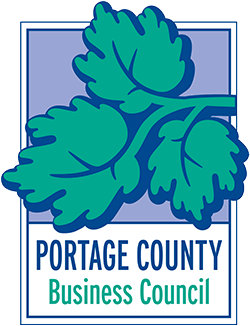“Although they can be intimidating, a c-section is a lifesaving technique.”
WAUSAU, Wis. – Each year, millions of babies are born in the United States, with every birth carrying its own unique story. While vaginal births are the most common, cesarean deliveries—commonly called c-sections—are an essential option for many mothers and babies when complications arise.
A c-section is a surgical procedure in which a baby is delivered through an incision made in the mother’s abdomen and uterus. This procedure is often misunderstood, but it plays a critical role in modern obstetrics.
“It’s important to reiterate to mothers that a c-section is in no way a failure,” said Dr. Dennis McFadden, a Board-Certified OB/GYN with Aspirus Health. “Although they can be intimidating, a c-section is a lifesaving technique that can avoid catastrophic events that may otherwise happen through a vaginal delivery.”
C-sections are typically recommended when a vaginal delivery poses risks to the mother or baby.
“A baby might be delivered via c-section for many reasons,” Dr. McFadden explained. “A few examples could be that the baby is breech, meaning it’s not positioned correctly; the mother develops preeclampsia, a serious blood pressure condition; or the cervical canal is unable to dilate.”
Despite the safety and importance of c-sections, there are common myths about the procedure that can create unnecessary concern.
- C-sections are dangerous. Modern medicine has made c-sections a generally safe procedure. While any surgery carries some risks, the level of risk depends on the health of the mother and whether the procedure is planned or an emergency.
- C-section recovery is easy. Recovery after a c-section takes time and care. As a major surgery, it requires patience, and most mothers take about four to six weeks to heal fully.
- You can’t breastfeed after a c-section. Breastfeeding after a c-section is possible, although some mothers may experience challenges with positioning or discomfort. Most women who wish to breastfeed can do so successfully with the right support.
C-sections are a vital part of obstetric care, providing a safe and effective option when needed. This National Cesarean Awareness Month, Aspirus Health encourages mothers to feel empowered with accurate information about childbirth options.
To learn more about delivery options or to schedule an appointment with an Aspirus OB/GYN, visit aspirus.org.
Aspirus Health - Stevens Point Hospital & Clinics
-
Andrew Krauss Local Media Contact
- April 11, 2025
- 715-847-2780
- Send Email



